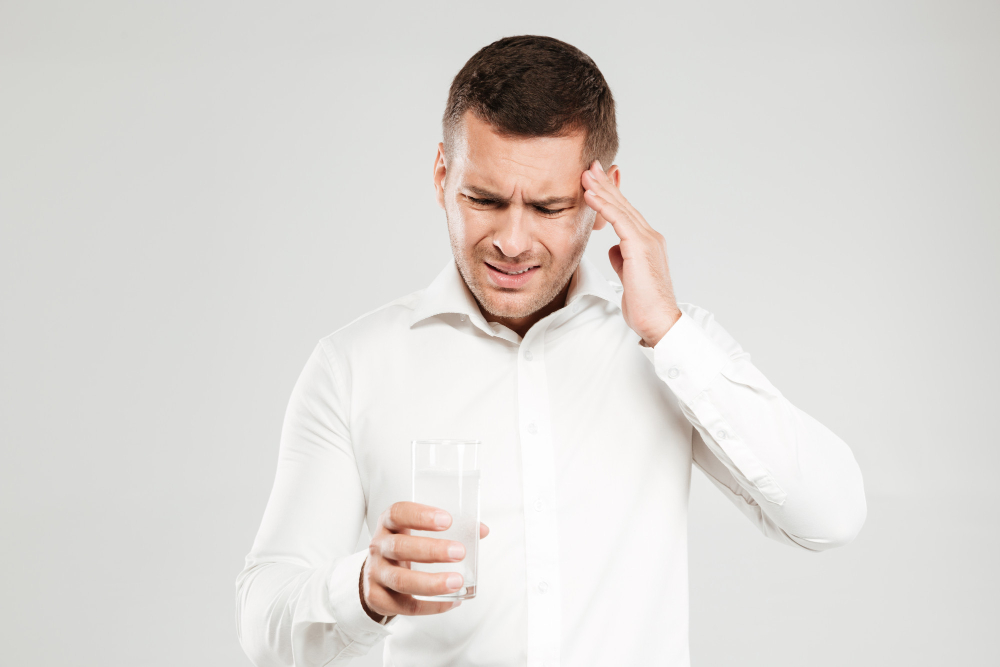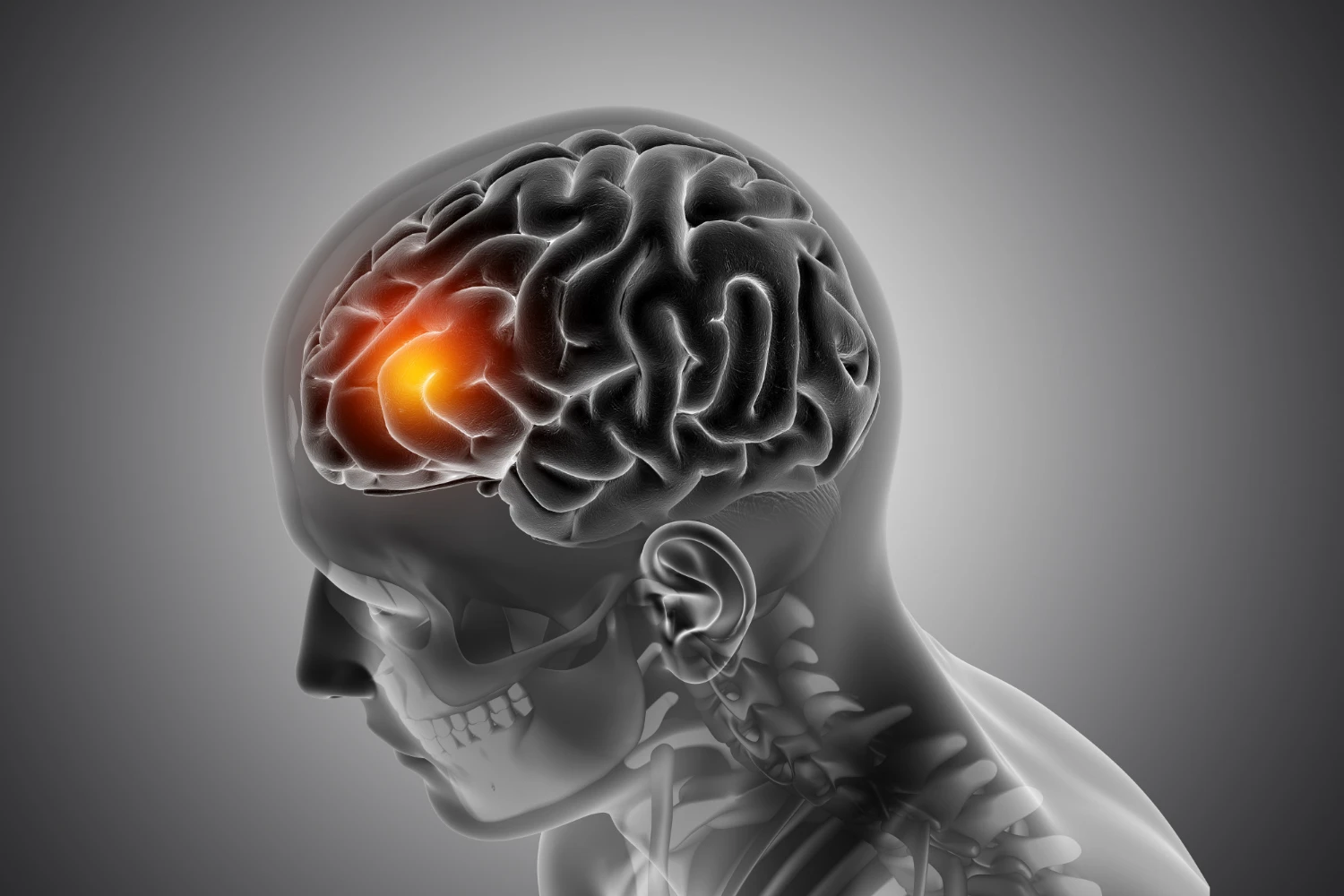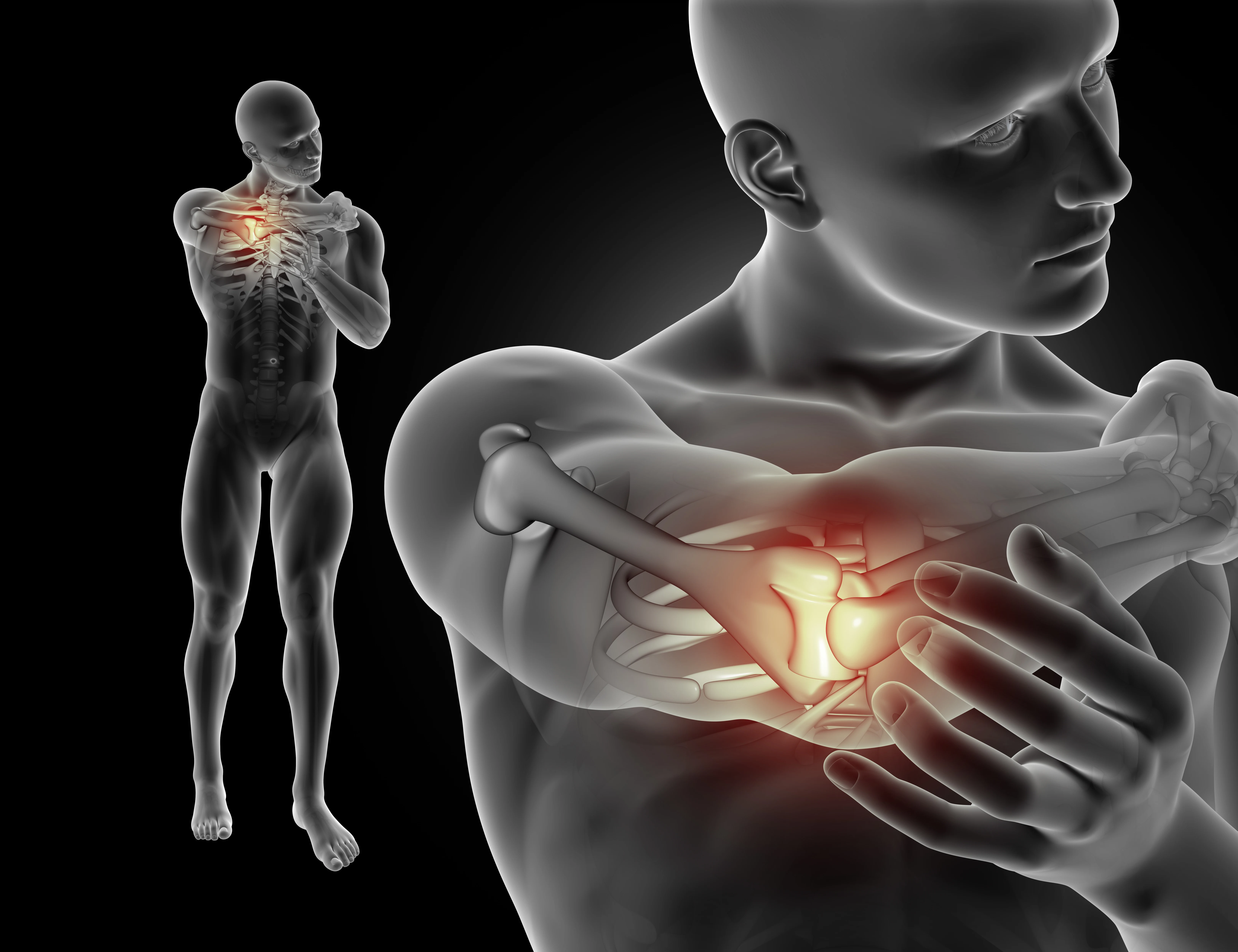What Are 5 Symptoms Of Severe Dehydration?
Category: Blogs
Water is essential for life. Every cell, tissue, and organ in the human body relies on adequate hydration to function properly. Yet, dehydration—when your body loses more fluids than it takes in—is a common but dangerous condition that can escalate from mild discomfort to life-threatening complications if left untreated. Severe dehydration requires immediate medical attention, as it can impair organ function and lead to serious health consequences.
Here are five critical symptoms of severe dehydration that you should never ignore.
Five Critical Symptoms of Severe Dehydration
1. Extreme Thirst and Dry Mouth
One of the earliest and most obvious signs of dehydration is thirst. However, in cases of severe dehydration, thirst becomes overwhelmingly intense—your body is desperately signaling for water. A persistently dry mouth, cracked lips, and a parched throat are telltale signs that your body’s fluid levels are dangerously low.
At this stage, simply sipping water may not be enough to restore balance, as the body struggles to retain moisture. In medical emergencies, oral rehydration solutions (ORS) or intravenous (IV) fluids may be required to quickly replenish lost electrolytes and fluids.
2. Dizziness and Confusion
Severe dehydration can cause a drop in blood pressure, reducing blood flow to the brain. This often results in:
- Dizziness or lightheadedness when standing up
- Mental confusion or disorientation
- Difficulty concentrating
In extreme cases, dehydration can even lead to delirium or unconsciousness, making it a critical condition that requires immediate medical intervention. If you or someone around you experiences these symptoms along with a lack of water intake, seek emergency care.
3. Decreased Urination and Dark-Colored Urine
A healthy, well-hydrated individual should urinate regularly, with pale yellow urine indicating proper hydration. However, severe dehydration reduces urine production drastically, leading to:
- Infrequent urination or complete absence of urine output
- Dark, amber-colored urine due to high concentration of waste products
- Strong-smelling urine
This occurs because the kidneys attempt to conserve water by retaining fluids in the body. If dehydration progresses further, it can lead to kidney damage or failure, as the organs struggle to filter toxins effectively.
4. Rapid Heart Rate and Breathing
When the body lacks sufficient fluids, blood volume decreases, making it harder for the heart to circulate oxygen and nutrients efficiently. This can result in:
- A rapid or irregular heartbeat
- Shortness of breath
- Weakness and fatigue
The heart must work harder to maintain blood flow, which can strain the cardiovascular system. This is especially dangerous for individuals with underlying heart conditions, the elderly, or young children, who may not be able to compensate for this stress.
5. Sunken Eyes, Dry Skin, and Lack of Sweat
Dehydration directly affects the skin and eyes, leading to:
- Sunken or hollow eyes, sometimes with dark circles
- Dry, loose skin that does not bounce back when pinched (poor skin elasticity)
- Absence of sweating, even in hot temperatures
Since the body prioritizes essential functions, it reduces sweat production to conserve water. This can lead to overheating and heat-related illnesses, such as heatstroke, which can be fatal if untreated.
When to Seek Medical Help?
If you or someone you know is experiencing multiple symptoms of severe dehydration—confusion, rapid heart rate, inability to urinate, fainting, or severe dizziness—seek immediate medical attention. Dehydration can quickly escalate to organ failure, seizures, or coma.
At Lokmanya Hospitals, our expert medical team is equipped to provide emergency hydration therapy, electrolyte balance correction, and advanced care to restore health and prevent complications.
How to Prevent Severe Dehydration?
Prevention is always better than cure. Here is how you can maintain optimal hydration levels:
- Drink plenty of water daily, at least two to three liters for adults
- Consume water-rich foods like fruits and vegetables
- Avoid excessive caffeine and alcohol, as they can dehydrate the body
- Stay hydrated in hot weather or during exercise by increasing water intake
- Recognize early signs of dehydration and rehydrate before it worsens
Conclusion
Severe dehydration is a medical emergency that can lead to organ failure, coma, or even death if left untreated. Recognizing the symptoms—intense thirst, confusion, dark urine, rapid heart rate, and dry skin—is crucial for timely intervention.
If you experience any of these symptoms, do not wait. Visit Lokmanya Hospitals for immediate medical assistance. Your health and well-being are our priority, and we are committed to providing the best care when you need it most.
For expert dehydration treatment and emergency care, visit Lokmanya Hospitals.
FAQ’s
1. What causes severe dehydration?
Severe dehydration occurs when the body loses more fluids than it takes in. Common causes include excessive sweating, vomiting, diarrhea, fever, and inadequate water intake. Certain medical conditions, medications, and extreme heat can also contribute to dehydration.
2. How can I tell if I am severely dehydrated?
Severe dehydration presents with symptoms such as extreme thirst, dizziness, confusion, decreased urination, dark-colored urine, rapid heartbeat, dry skin, and sunken eyes. If you experience these symptoms, seek medical attention immediately.
3. Can severe dehydration lead to serious health complications?
Yes, if left untreated, severe dehydration can cause kidney failure, seizures, heatstroke, and even coma. It can also lead to dangerously low blood pressure, affecting the brain, heart, and other vital organs.
4. How is severe dehydration treated?
Treatment depends on the severity. Mild cases can be managed by drinking water and electrolyte-rich fluids. Severe cases may require hospitalization for intravenous (IV) fluids to restore hydration and electrolyte balance.
5. How much water should I drink daily?
Adults should aim for at least two to three liters of water daily. However, this varies based on age, activity level, weather conditions, and overall health. Those who exercise, work in hot environments, or have illnesses that cause fluid loss may need more.
6. Can drinking too much water be harmful?
Yes, excessive water intake can lead to a condition called water intoxication or hyponatremia, where sodium levels in the blood become dangerously low. Balance is key—drink enough to stay hydrated but not excessively.
7. Are children and elderly individuals more prone to dehydration?
Yes, infants, young children, and elderly individuals are more susceptible to dehydration. Children have a higher water requirement relative to body weight, and elderly individuals may have a reduced sense of thirst, making it crucial to monitor their fluid intake.
8. Can sports drinks help with dehydration?
Sports drinks containing electrolytes can be beneficial for moderate dehydration, especially after intense physical activity. However, they should not replace water for everyday hydration, as some contain added sugars and artificial ingredients.
Previous blog







